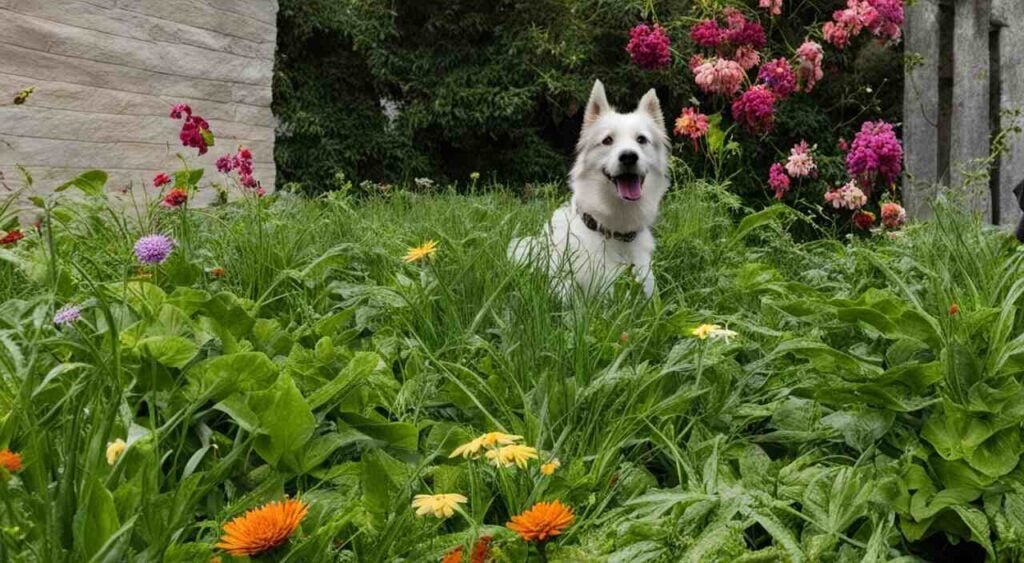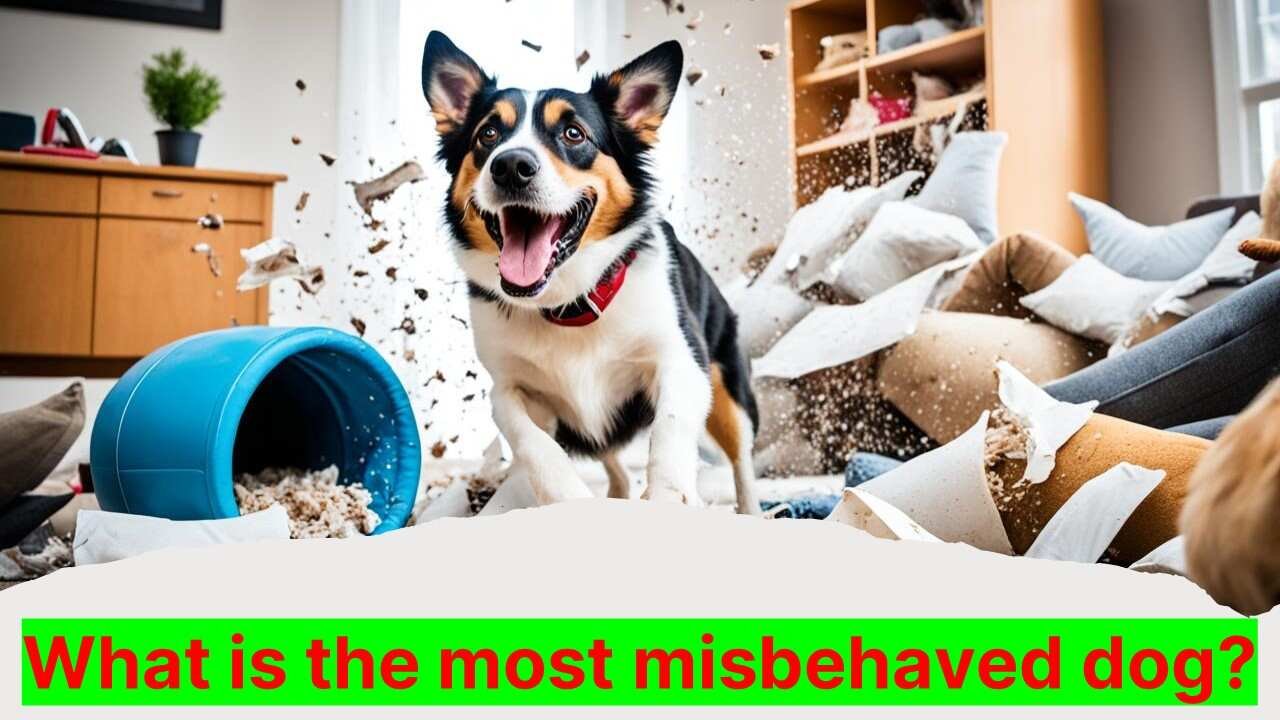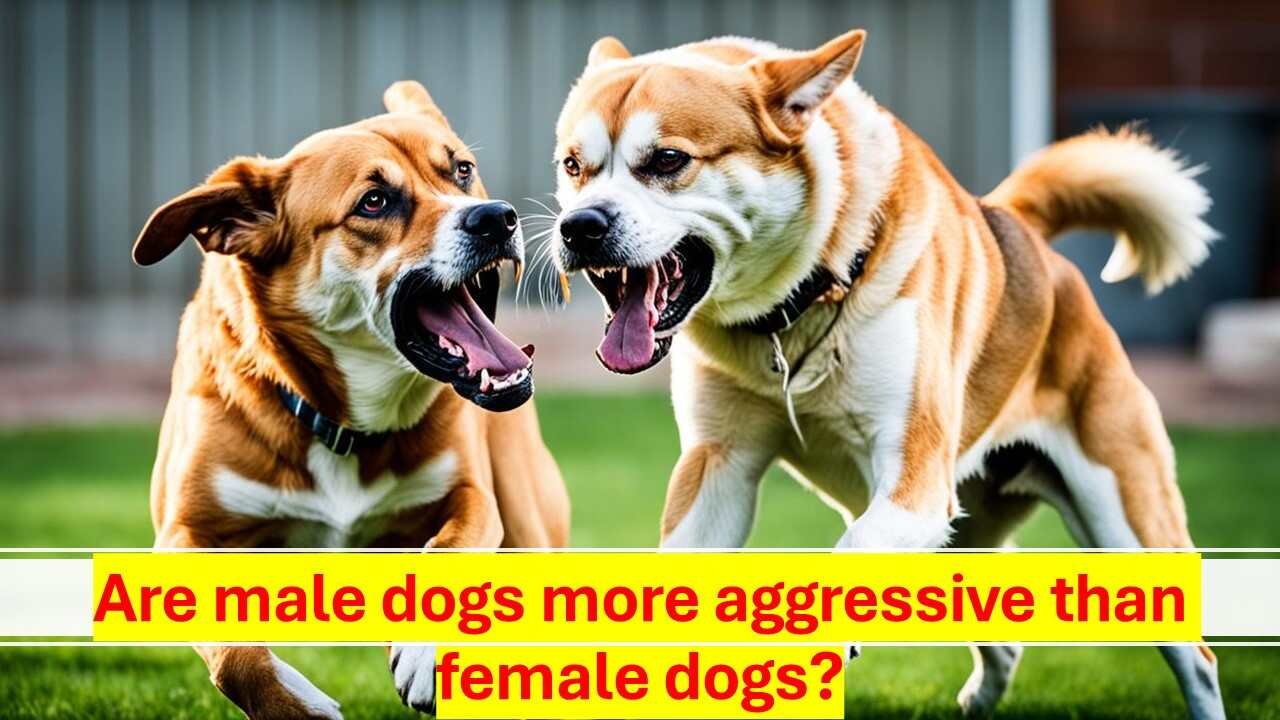Dogs eating grass suddenly might startle you, but there are good reasons for it. It could be because they need more food, have upset stomachs, are bored, or just feel like it. Figuring out why this happens is the first step to making sure it’s handled properly.
- It’s common for dogs to eat grass suddenly for various reasons.
- Dogs may eat grass to supplement their diet, alleviate digestive issues, or out of boredom or instinct.
- Excessive grass-eating can lead to health risks and the ingestion of toxins.
- Preventative measures include increasing fiber intake, providing mental stimulation, and avoiding treated lawns.
- Understanding dogs’ instinctual behavior can help accept some level of grass-eating as natural.
Reasons for Dogs Eating Grass
Dogs might eat grass for several reasons. This behavior is more common than it seems. Figuring out these causes can give us clues about our dogs’ actions and health.
Nutritional Supplementation and Fiber
Some dogs eat grass to add to their diet or get more fiber. Since dogs eat both meat and plants, they may need more nutrients sometimes. This is mostly seen in dogs with a good diet but still crave different foods.
Gastrointestinal Upset
Dogs might munch on grass to ease stomach problems. Grass could make them throw up, helping them feel better. It’s like a natural medicine for their stomachs.
Taste and Texture Preferences
For other dogs, it’s about liking the taste or feel of grass. They pick up and eat it because they enjoy it. Like people, dogs have their own likes and dislikes, including what they like to chew.
Potential Health Concerns
Eating grass now and then isn’t usually bad. But, eating too much can be risky. Dogs might eat grass with not-so-good stuff on it, like pesticides. There could also be bugs or germs on the grass, which might make them sick. Make sure to watch your dog’s eating habits to keep them healthy.
Quote:
“While some dogs eat grass due to an upset stomach, others may do it simply because they like the texture… It is important to monitor their behavior and take action if excessive grass-eating becomes a habit.” – Dr. Sarah Johnson, DVM
Preventing Excessive Grass Ingestion
Stopping too much grass-eating means giving dogs the right food. Enough fiber in their daily diet can stop the need for grass. Regular vet visits can help find and fix any stomach troubles.
Training with rewards can also help dogs focus on other things than grass. This could be toys that make them think or more playtime. Make sure they stay busy in a healthy way.
| Reasons for Dogs Eating Grass | Possible Concerns |
|---|---|
| Nutritional Supplementation and Fiber | Potential ingestion of toxic substances |
| Gastrointestinal Upset | Risk of contracting intestinal infections |
| Taste and Texture Preferences |
Worried about your dog eating grass? Knowing why they do and what to do can keep them safe. The key is to care for them and give a good diet. This helps our dogs live their best lives.
Potential Health Concerns

Some dogs like to eat grass once in a while. This isn’t usually a big problem. But, knowing why they do it and keeping an eye on their habits is important. Eating too much grass can be risky for our pets. Dog owners should know about the health issues that grass eating can cause.
Toxins from Grass Treatments
Grass-eating dogs might be exposed to toxins from treatments like fertilizers or herbicides. These chemicals are dangerous if eaten. Be careful when your dog is around treated areas, including public parks or lawns. Using natural lawn care can reduce this risk.
Intestinal Parasites
Eating grass can expose dogs to intestinal parasites. Grass with infected feces might contain these parasites. Infected dogs can get roundworms, hookworms, or giardia. Deworm your dog regularly and dispose of waste properly to avoid this.
“Dogs eating grass can be their natural instinct, but it’s necessary to take precautions and pay attention to their overall well-being.”
Knowing the risks of dogs eating grass helps us protect our pets. It’s vital to watch your dog’s actions and make smart choices for their safety.
Now that you’ve learned about the dangers of grass-eating, we’ll share tips in the next section. These will help you manage your dog’s habit and keep them healthy.
Dealing with Dog Grass-Eating Habits
If your dog is eating grass, there are ways to stop this behavior. You can manage and address it.
- Dietary changes: Adding more fiber to your dog’s food might help. Ask your vet how much fiber your dog needs.
- Exercise and mental stimulation: Exercise and play can reduce boredom. This helps lessen grass-eating.
- Positive reinforcement training: Use treats and praise to stop your dog from eating grass. Don’t punish them.
- Vet check-ups: Regular vet visits can find health issues. Solving these may stop the grass-eating.
- Avoid treated lawns: Stay away from grass treated with chemicals. They can be harmful.
- Proper parasite prevention: Keep your dog’s parasite meds up-to-date. Your vet can help you with this.
Remember, training your dog not to eat grass takes time and patience. With consistent efforts, you can help them live better.
| Pros of addressing excessive grass-eating | Cons of not addressing excessive grass-eating |
|---|---|
| Improved digestive health | Potential ingestion of toxins |
| Reduced risk of intestinal parasites | Possible harm to your dog’s health |
| Enhanced overall well-being | Persistent grass-eating behavior |
Understanding the Instinctual Need
Dogs have a natural need for a diet with many different foods. In the wild, they eat the whole prey including any plants inside. This is how they get their needed nutrients.
Even if they don’t have to hunt, dogs still like to look for different foods. They eat grass to get extra fibers and nutrients not in their regular food.
Yet, not all grass is safe for them. Some grass may have harmful chemicals. Also, some dogs can be allergic to certain types of grass.
Knowing this, dog owners can help manage their pet’s grass eating. A good, balanced diet will make them less likely to eat grass.
“The instinctual need of dogs to consume a variety of foods, including grass, is a reflection of their ancestral diet and natural scavenging behavior.”
Regular vet visits can spot any health issues or nutrition problems. This might be causing your dog to eat grass.
A bit of grass now and then is ok. But, if your dog eats a lot of grass and gets sick, see a vet. This could be a sign of a bigger health issue.
By giving them the right food, dog owners can keep their pets happy and healthy. Always put your dog’s health first and get advice from a vet for any concerns.
Conclusion
Dogs might eat grass for different reasons. They could be looking for more food, needing something in their diet, feeling bored, or it could just be an instinct. If your dog sometimes eats grass, it’s usually not a big problem. But, if they eat a lot of grass, you should look into it. This could help keep them healthy.
To deal with your dog’s grass-eating, it’s good to know why they do it. Dog owners should make sure their dogs eat a well-rounded diet. They should also make sure their dogs get enough exercise and playtime. Good dog training methods can also reduce how much grass they eat.
It’s also important to think about the health risks of grass-eating. These risks include coming into contact with harmful chemicals on grass. There’s also a risk of catching parasites. To keep your dog safe, avoid areas where chemicals might be and work on parasite prevention.
FAQ
Why do dogs eat grass suddenly?
Dogs might eat grass suddenly for different reasons. They could be looking for more food, trying to meet their dietary needs, or just bored. It may also be an instinct passed down from their ancestors.
Is it normal for dogs to eat grass?
Yes, it’s normal for dogs to eat grass every now and then. It’s seen as part of their natural behavior.
Should I be concerned if my dog eats grass?
It’s not usually a big problem if your dog eats some grass. But, if they eat a lot, you should look into why. This is to avoid any potential health issues.
Can eating grass be harmful to dogs?
Yes, too much grass can be bad for dogs. They might eat grass that has been treated with harmful chemicals. They could also pick up parasites if the grass has been in contact with infected dog feces.
How can I stop my dog from eating grass?
There are many ways to help your dog stop eating grass. You can feed them more fiber, give them more exercise and playtime, and see the vet often. Positive training and avoiding treated lawns can also help.
Why do dogs have an instinctual need to eat grass?
It’s because eating grass is in their nature. In the wild, they used to eat the stomach of their prey. This part of the prey usually contained plants, which the dogs ate to be healthy.
How can I ensure my dog’s overall health and well-being?
Understanding why dogs eat grass is key. By giving them a good diet, enough mental challenges, and the right training, you can help them stay healthy. This also keeps them from eating too much grass.









Leave a Reply